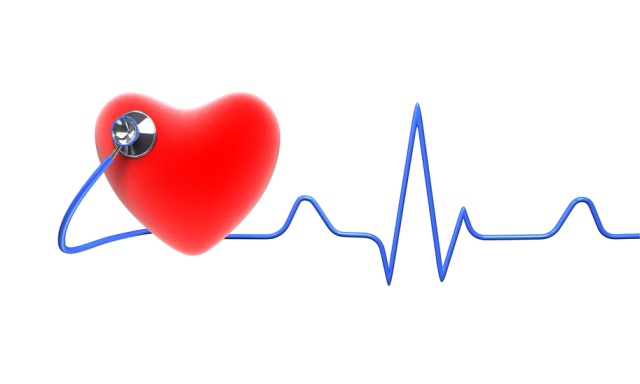 CLINICAL SIGNS:
CLINICAL SIGNS:
* sweating , pallor , cold extremities, mottling especially at the knees, recolouring time elongated> 3 seconds.
* drop in blood pressure (<80 mmHg), pinch differential.
* fast and fast pulse.
* cyanosis, polypnea.
* disturbances of consciousness: agitation, drowsiness, prostration.
* oligo-anuria.
* signs of the cause.
* progression to respiratory distress, obstruction and coma, convulsions and cardiorespiratory arrest.
DIFFERENTIAL DIAGNOSIS:
* hypovolemic shock secondary to haemorrhage, burns, heat stroke, limb crushing, haemolysis (malaria, transfusion accident, Clostridium sepsis).
* anaphylactic shock due to abnormal vasodilation.
* septic shock.
ETIOLOGY:
* myocardial infarction , PAO , impaired left ventricular rhythm disorder, prosthetic valve dysfunction, infective endocarditis, tamponade, pulmonary embolism , aortic dissection.
* drug poisoning (carbamates, beta-blockers, tricyclics, calcium channel blockers, colchicine).
* acute pancreatitis, thyrotoxicosis, shoshin, Béri-Béri.
ADDITIONAL TESTS:
* scope, SpO²: unreliable if persistent shock.
* ECG with V3R, V4R.
* in a second time:
– pulmonary radiography.
– blood gas, blood and urinary ionogram, creatinine, NFS, CPK, blood glucose, TP, TCA, platelets, blood group.
– echocardiography.
TREATMENT:
* patient lying down, raised legs, warmed up.
* oxygen therapy with the mask 8-10 l / mn.
* venous veins of large caliber.
* colloids (except anaphylactic shock), macromolecules if hypovolemia.
* Dobutrex : 10-15 μg / kg / min or Dopamine: 3-10 μg / kg / min with an electric syringe.
– if failure: Levophed, 0.2-1 μg / kg / min with the electric syringe.
* treatment of the cause.
* intubation and assisted ventilation if vital distress after possible sedation (Hypnovel + Fentanyl).
